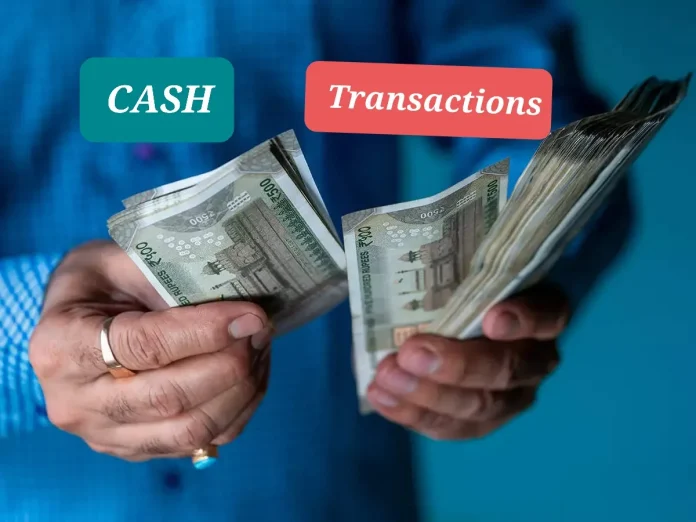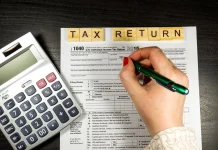
Cash Transaction Rule Update: If any transaction, whether offline or online, exceeds a limit, the Income Tax Department sends a notice to the house. In today’s story we will know up to how much we can transact. What is its limit?
Cash Transaction Rule Update: Due to easy access to internet, to save their time, a large population in India is moving towards doing online transactions or rather it has increased. However, there is a section which is still selecting the option of cash transactions. The point to be noted here is that if any transaction, whether offline or online, exceeds a limit, the income tax authorities send a notice to the house. In today’s story we will know up to how much rupees we can transact. What is its limit? What is the option to avoid IT notices when exceeded?
1- Depositing cash in bank account
According to the rules of the Central Board of Direct Taxes (CBDT), if a person deposits Rs 10 lakh or more in cash in a financial year, then it has to be reported to the Income Tax Department. This money may have been deposited in one or more accounts of the same account holder. Since someone is depositing more money than the prescribed limit, the Income Tax Department may ask you for information about the source of the money.
2- Depositing cash in fixed deposit
Just as a bank can inquire about cash deposits of Rs 10 lakh in a financial year in a bank account, it applies the same rules for transactions in FD. If someone deposits more than Rs 10 lakh in FD in a financial year, the Income Tax Department can ask them about the source of the money.
3- Buying shares, mutual funds, debentures or bonds
Many people consider investing in shares, mutual funds, debentures or bonds as a good option. Such investments can also develop the habit of saving money in the investor, but if one uses large amounts of cash to buy shares, mutual funds, debentures or bonds, it also alerts the Income Tax Department.
If a person makes a transaction of Rs 10 lakh or more in any such investment option, then its information reaches the Income Tax Department, which can ask you about the source of the money.
4- Payment of credit card bill
Nowadays, use of credit cards has become a common thing. Many times, users’ bills run into lakhs of rupees, but if your monthly credit card bill is more than Rs 1 lakh and you want to pay it in cash, then the Income Tax Department will still ask you about the source of your money. Can ask. At the same time, if you pay Rs 10 lakh or more in a financial year through any medium online or offline, then the Income Tax Department may question you as to where you got this money from?
5- Property related transactions
Real estate prices in cities and tier-II cities are exorbitant, and transactions of large amounts are common, but beware of the Income Tax Department if you are making cash transactions of Rs 30 lakh or more while buying a property. The property registrar will inform the Income Tax Department, who in turn may ask you about the source of the money.














